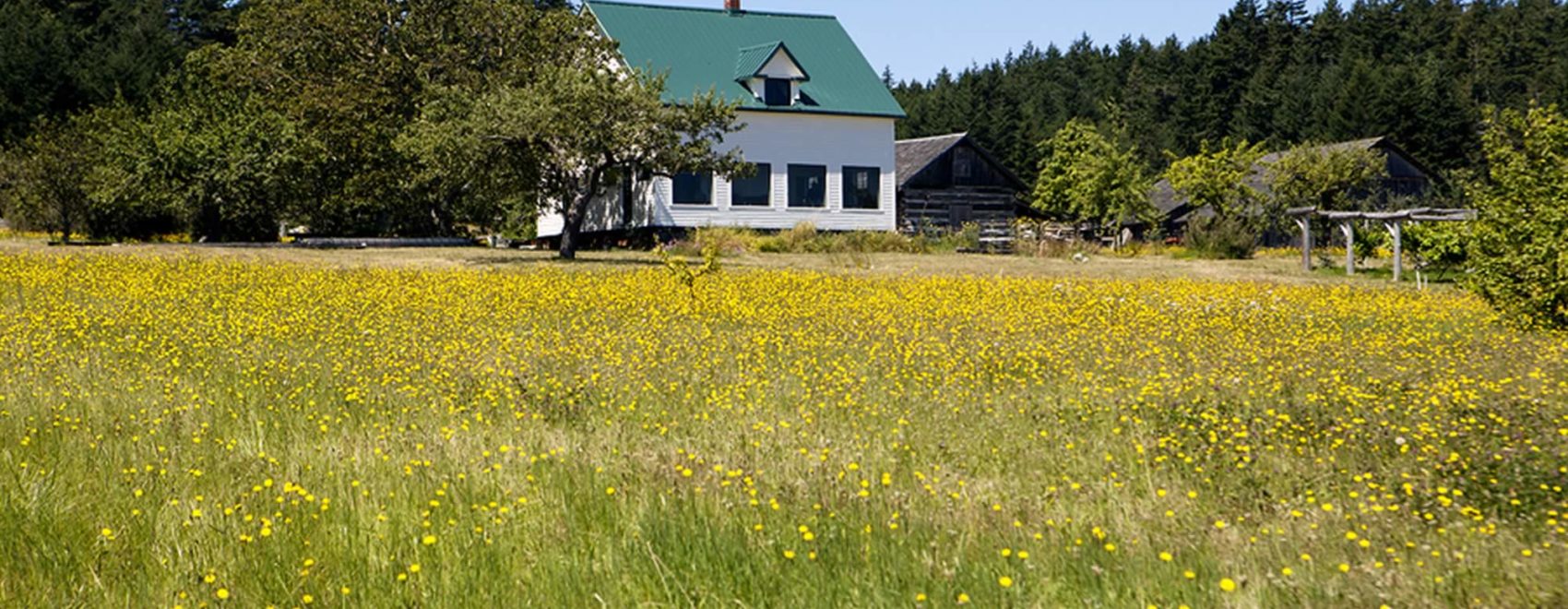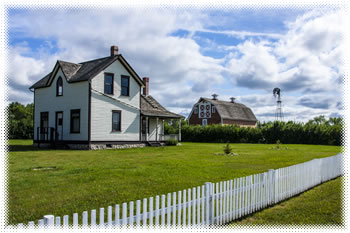
Choosing Your Land
There is nothing as important to a homestead as its land. If you are shopping for that perfect homestead parcel, make sure you take the time to do your research and think about all the variables before you buy. Other than pulling up stakes and moving, you will be stuck with your land purchase.
Check the Quality
Not all land is created equal. Hard rocky soils will not yield easily to the shovel and will be much harder to make productive. Hills are fine for livestock (within reason) but are going to be an inconvenience for gardening. Try to walk over the entire parcel to see what kind of landscape you’ll be getting. A mix of open field and woods will give you some great options depending on what you want to do with the property. Open fields are more flexible, but a little bit of forest will provide you with a lot of firewood fuel.
A water source will really be a plus, even if it’s just a small seasonal pond. Creeks, streams, or a river would be even better. And speaking of water, see what the source is for the home (if you’re buying land with a house). It will almost certainly be a well, but check on the type of well (dug or drilled), what the depth is, and see what you can learn about the history.
What’s Allowed?
Never make assumptions when buying homestead land. If you have agricultural neighbors on all sides, it is safe to say they should have no trouble with gardening or livestock but ask at the local municipal office anyway. Find out the official zoning for the parcel.
If you are thinking about alternative energy, see if there are any local restrictions on adding solar panels or a wind turbine. When the zoning regulations mean you can’t do something you really intended to do, you should keep looking for a different piece of property. Technically, you can try to get zoning changed but that can be very complicated and there is no guarantee of the outcome.
Existing Buildings

Yes, the primitive homestead scenario where you live in a tent while building a perfect farmhouse with your own hands can be very seductive and it can also be the death of you if you’re not careful. Unless you already have some serious skills under your belt, try to get homestead land with a building on it. It’s also quicker to just move into an existing home. Old homes have endless charm and they always look so nice against the backdrop of open land. However, they can also be riddled with wiring, plumbing, and insulation problems.
If you decide to get a fixer-upper, be prepared to spend a good amount of money on repairs in terms of supplies and labor costs. Even if you do the repairs yourself, the cost of supplies can get quite expensive. The house isn’t the only building you need to think about. Barns, garages and sheds are all part of the homestead equation, and they may need repairs as well.
How Remote
Be realistic about how far from town you want to live. Employment should be no more than an hour away, and basic supplies should be more like half an hour at the most. These are just really rough guidelines though. As you produce more and more on your homestead land, you’ll need to shop less frequently but you still don’t want to be on the road for hours every time you need something. You should also check to see where the nearest fire station and hospitals are. How far away are your nearest neighbors?
How Big
Of course, this is the biggest question that everyone considers first. How big a parcel of homestead land do you need? As we’ve discussed in other articles, you can take on different levels of homesteading regardless of how large your property is. Five acres should be a decent start, although ten acres would be a better choice as a minimum. A very general rule is “buy as much land as you can afford”. Since it’s not something you can add to later on, you are going to be limited by your property borders for some time to come. If you can swing a 25 acre spread instead of a 15, go for it.
Services
Lastly, see what services are at the property you choose to be your homestead land. Electricity and telephone are usually available but more remote spots may not have either. Are the roads plowed during the winters, is there garbage pick-up, and can you get Internet or cell phone service out there? Buying property can be one of the most fun and exciting parts of homesteading. Take your time with it so you get off on the right foot.
Continue Tutorial Below
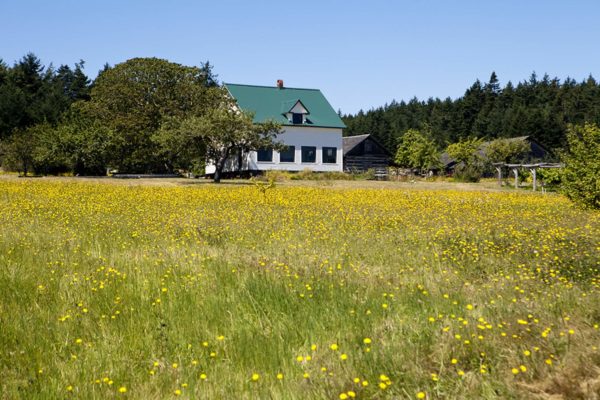
Read More
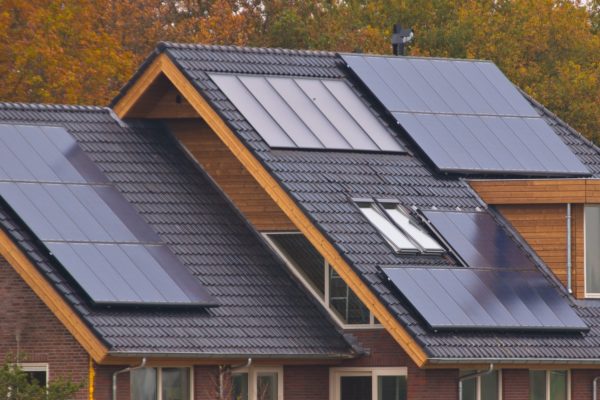
Read More
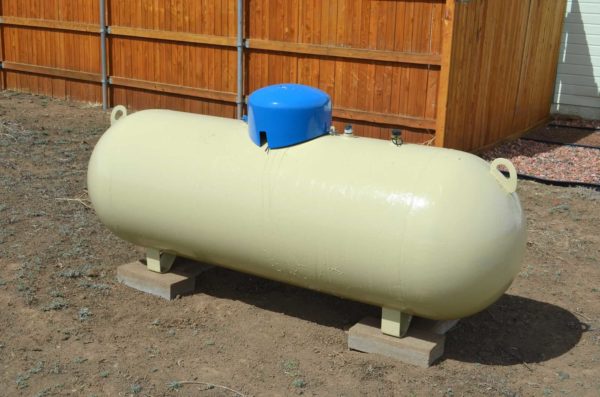
Read More
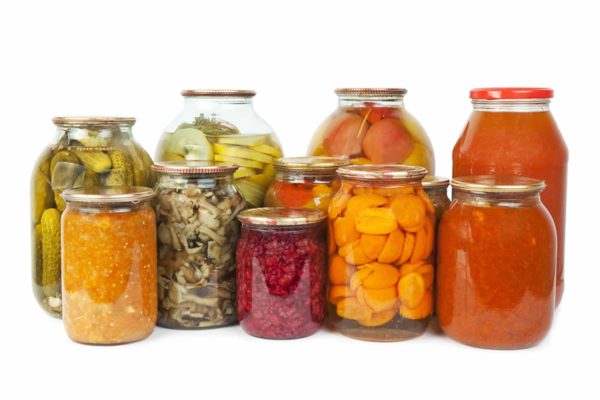
Read More
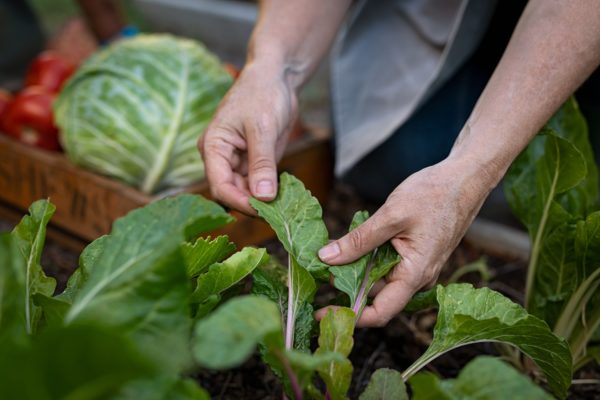
Read More
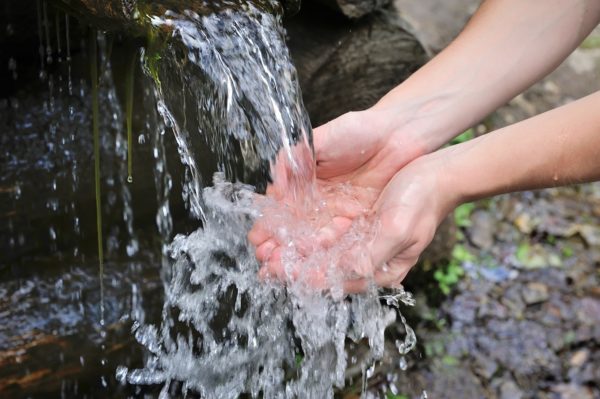
Read More

Read More
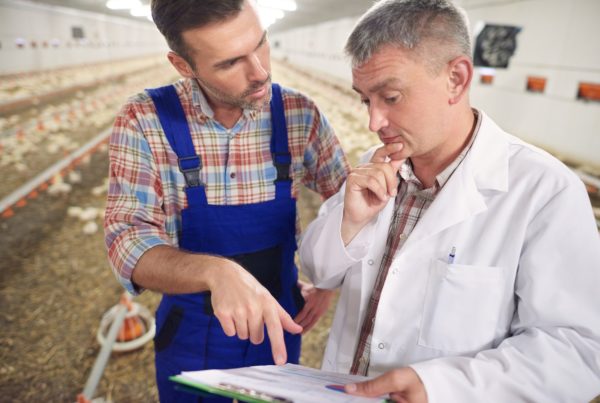
Read More
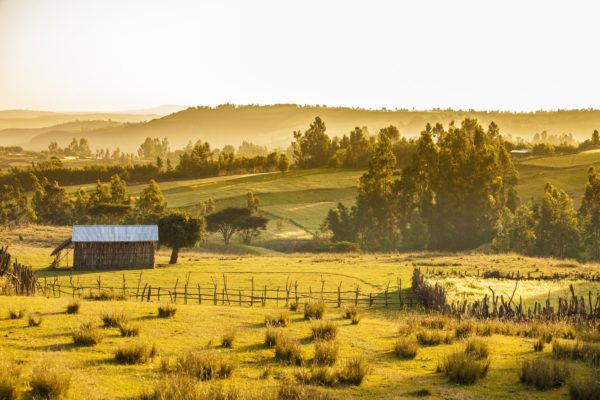
Read More
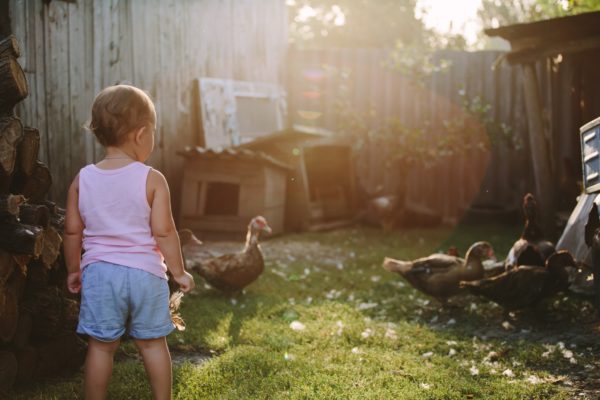
Read More
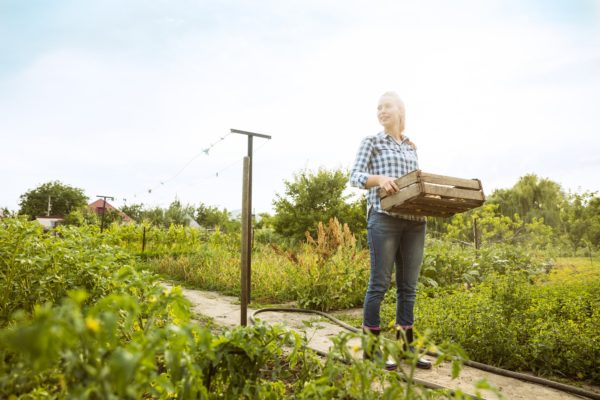
Read More

